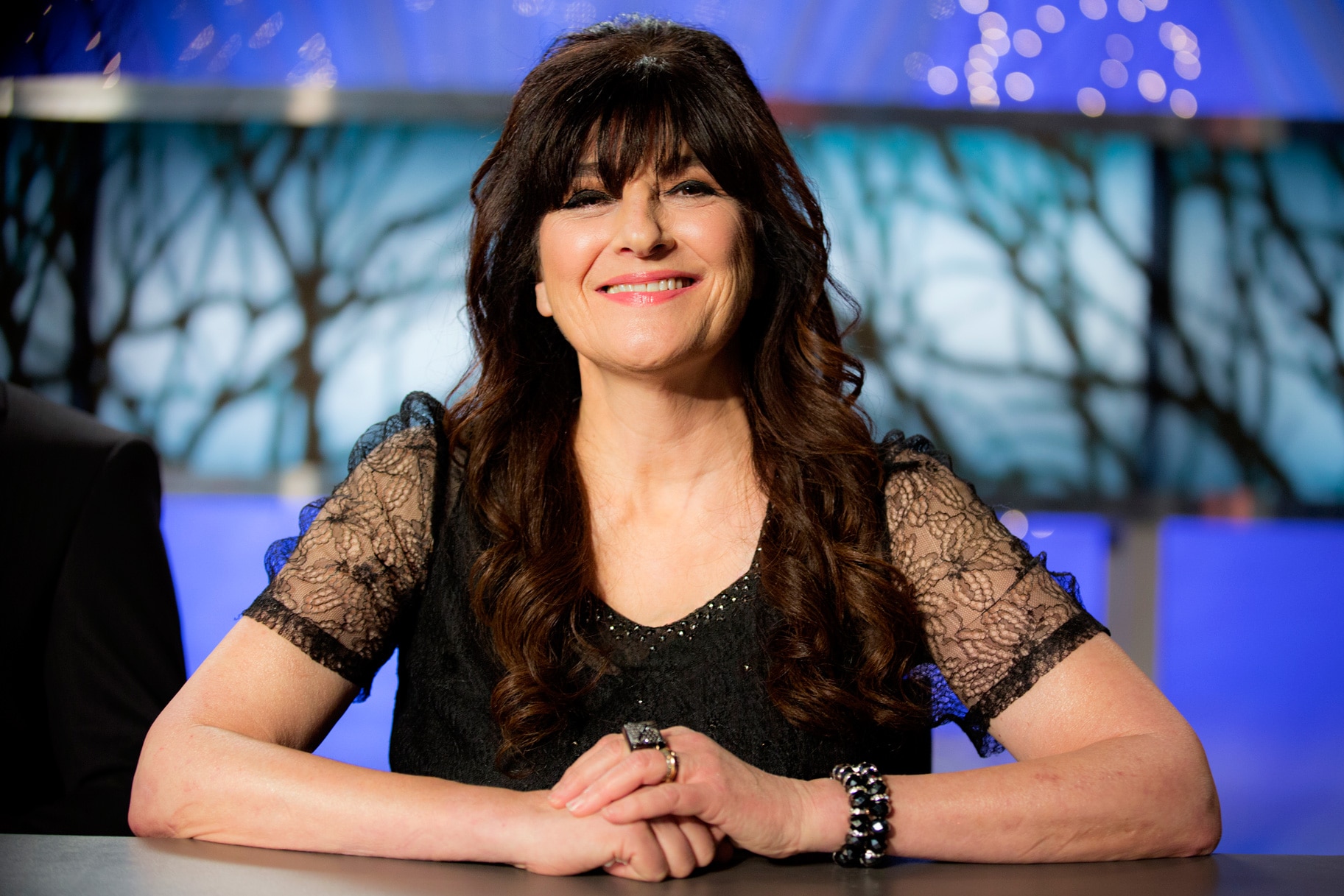What it Takes to Be Top Chef Master
Ruth Reichl explores the meaning of Bryan, Doug, and Jen's successes.

“They’re going to have to work hard to find flaws in my food.”
Bryan was absolutely right; there were very few flaws to find. Each of the chefs did a masterful job, and in a perfect world, we would have had three winners. But each of these chefs put his personality on the plate, so we had the opportunity to decide what we expect from a Top Chef Master.
Consider Doug. At each step along the way, he’s turned lemons into lemonade. Amazing to consider that the one chef who started the season by refusing to jump out of a plane ended up taking the top prize. But that’s Doug: he marches to his own tune.
We’ve never seen that so clearly as in this finale menu. His sous chef lost the challenge, and he’s going to have to work alone? No problem; he just shops smarter and considers the solitude a blessing. He’s the sultan of simplicity, who pares his menu down, serving food that shocks with its elegant clarity. I wish you could have tasted that mussel soup; for me it was the best dish of the evening, a tiny mouthful so briny and rich, you immediately imagined yourself swimming in some tropical sea where the sun is always shining.
Then there’s Jennifer, a fighter who never gives up, who’s always pushing not only herself, but her sous chef. Her strength is her ability to find the unexpected touch that turns an ordinary dish into a masterpiece. The little slice of pickled apple that makes a potato pancake sing. The crisp coating on a tiny pillow of gnocchi. The surprising softness of shiitake mushrooms when they’re carved into minuscule buttons; they hit your tongue before you’ve even seen them, transforming your experience. Conquering the kitchen she’s a new breed of woman chef -- and she couldn’t make me prouder.
Eating Bryan’s food I keep thinking of something the great chef Ferran Adria said recently. “This is the best generation of chefs ever. They’re four times as good as we ever were.” Bryan’s been cooking with astonishing skill all season, and he really did himself proud in the finale. At 37, Bryan’s turning out original, technically sophisticated and delicious dishes, and he still has a lifetime of cooking ahead of him. He gives me enormous hope for the future of American food.
Judging this was incredibly difficult. In the end, it came down to tiny differences. There was nothing wrong with Bryan’s braised beef with seaweed potatoes, but it was the dullest dish he cooked all season, and it couldn’t stand up to the extraordinary duck dishes offered by Douglas and Jennifer. Jennifer fell down on dessert; compared to the originality of Douglas’ insane black sesame panna cotta, and the stark beauty of Bryan’s white, white, white dessert, it sat on the table like last year’s dessert, seeming strangely old-fashioned.
Doug, on the other hand, went from strength to strength. His meal started with a small white bowl of soup that was the purest expression of flavor, and ended with a startling gray dessert that made you rethink every dessert you’ve ever eaten. He has the maturity, the technique, and the originality of a chef at the top of his game. That’s what it takes to be a Top Chef Master.



